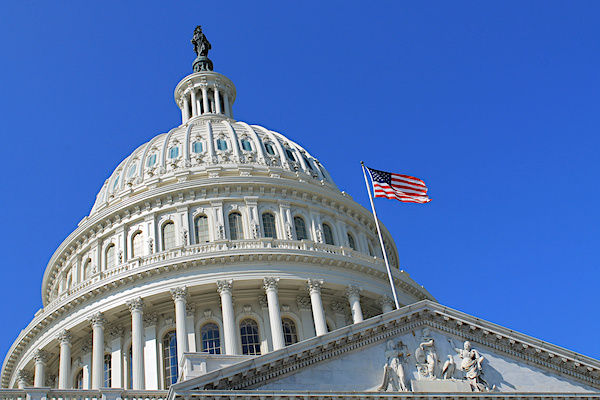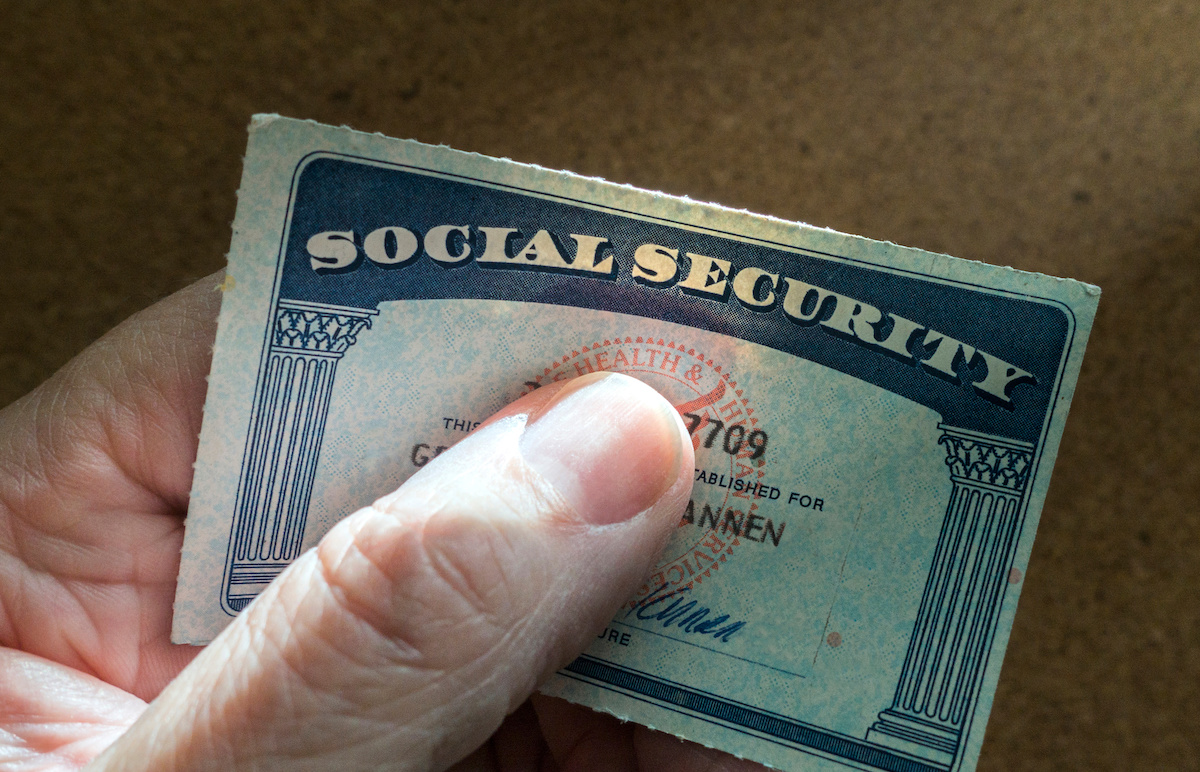
WASHINGTON —The U.S. House on a nearly party-line vote passed President Joe Biden’s $1.9 trillion pandemic aid package early Saturday, in a rush to both boost COVID-19 vaccine funding and get legislation to the president’s desk before unemployment benefits expire in mid-March.
The package, dubbed the American Rescue Plan, passed 219-212. It includes a gradual increase in the federal minimum wage to $15 an hour, despite a ruling on Thursday by the Senate parliamentarian that the wage hike does not comply with Senate budget rules. Whether the pay increase survives in the Senate is yet to be seen.
Two House Democrats voted against the bill, and every Republican opposed it. Georgia’s delegation voted along party lines.
“The Biden Bailout Bill is a partisan wishlist that puts the Democrat’s agenda before hardworking Americans and students. COVID relief should be targeted and actually tied to COVID,” Congressman Buddy Carter, a Pooler Republican, said in a tweet.
Congresswoman Carolyn Bourdeaux, a Suwanee Democrat, praised the aid packed into the measure, like increased vaccine distribution and help for families and businesses. But she also acknowledged in a statement that there are areas in the bill “where we can better target funding to those in need.”
“As the Senate proceeds with this legislation, I will continue working to ensure that we are addressing the serious threat of COVID-19, while being a responsible steward of taxpayer dollars,” Bourdeaux said.
The Biden administration on Friday underlined its support for the massive measure, which includes $350 billion in direct aid to state and local governments. Georgia would receive $4.6 billion and local governments would see about $2.4 billion.
“The bill would allow the Administration to execute its plan to change the course of the COVID- 19 pandemic,” the administration said in a statement. “And it would provide Americans and their communities an economic bridge through the crisis.”
But Republican Gov. Brian Kemp and others have derided the proposal for prioritizing some states over others, like Georgia.
“The federal government is borrowing money that our kids and grandkids will have to pay back for decades to come with the lion’s share of the funds sent to bail out states like California and New York,” state Rep. Jodi Lott, the governor’s floor leader, told her colleagues Friday while urging them to publicly oppose the proposal.
The bill would also provide direct checks of $1,400 to Americans in certain income brackets, extend unemployment benefits and food programs and continue pauses on rental evictions.
Since the pandemic, more than 8 million people have slipped into poverty, according to a study by Columbia University. While employment has slowly started to climb, there are still more than 10 million people unemployed, according to the Bureau of Labor Statistics.
More than half-a-million Americans have died of coronavirus with nearly 26 million positive cases. In Georgia, the virus has killed about 15,000 people.
The bill provides $7.5 billion for vaccine distribution, rollout and planning, along with $1 billion set aside for the Centers for Disease Control and Prevention to carry out activities to “strengthen vaccine confidence.”
Wage increase
White House Press Secretary Jen Psaki said in a statement that the president was disappointed that the parliamentarian ruled that the proposed increase to the minimum wage could not be included in the relief package.
The measure is being considered under a process known as budget reconciliation, which allows for floor passage with a simple majority — crucial for Democrats who control a Senate split 50-50 with tie-breaking votes cast by Vice President Kamala Harris.
“He will work with leaders in Congress to determine the best path forward because no one in this country should work full time and live in poverty,” Psaki said.
Ahead of the vote, House Speaker Nancy Pelosi, (D-Calif.), said that Democrats would still include the federal minimum wage increase in their relief package because they believe it’s necessary.
“We are sending it as a symbol of a difference it will make in the lives of the American people,” she said. “If it doesn’t prevail because of Senate rules we will persist.”
Senate Democrats are already looking to work around the parliamentarian’s decision by imposing a 5% tax penalty on a “big corporation’s total payroll if any workers earn less than a certain amount,” Senate Finance Committee Chair Ron Wyden, (D-Ore.), said in a statement.
“It also would include safeguards to prevent companies from trying to outsource labor to avoid paying living wages,” he said.
Sen. Josh Hawley, a Missouri Republican, also said he plans legislation that would require billion-dollar companies to pay their employees a minimum wage of $15.
Child tax credit, school mental health
The sprawling House bill provides a temporary extension of the Child Tax Credit from $2,000 to as much as $3,600 for the youngest children over the next year.
To help educators and school staff deal with the mental health of students, the bill allocates $80 million to address burnout, suicide and mental and behavioral problems.
Additionally, the bill would put $20 million toward a public health campaign aimed at encouraging health care workers to seek support and treatment for their own mental health.
Georgia Recorder Deputy Editor Jill Nolin contributed to this report. This article is published in partnership with Georgia Recorder.






